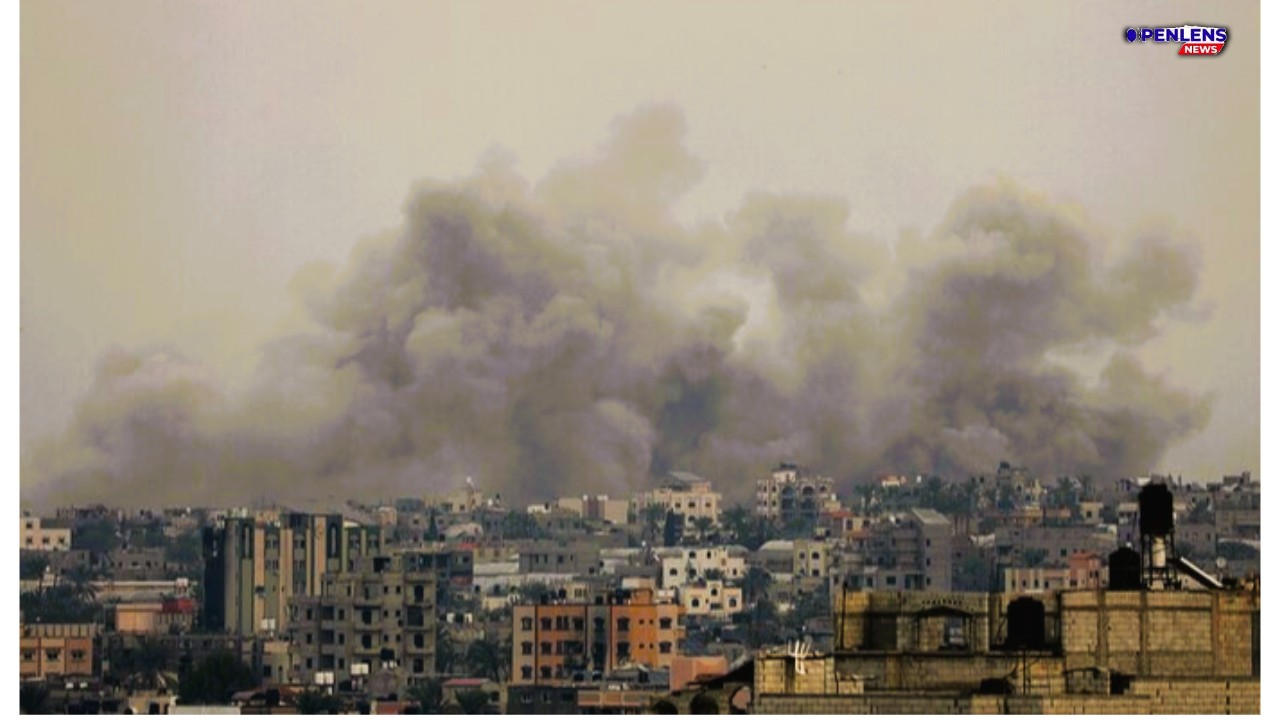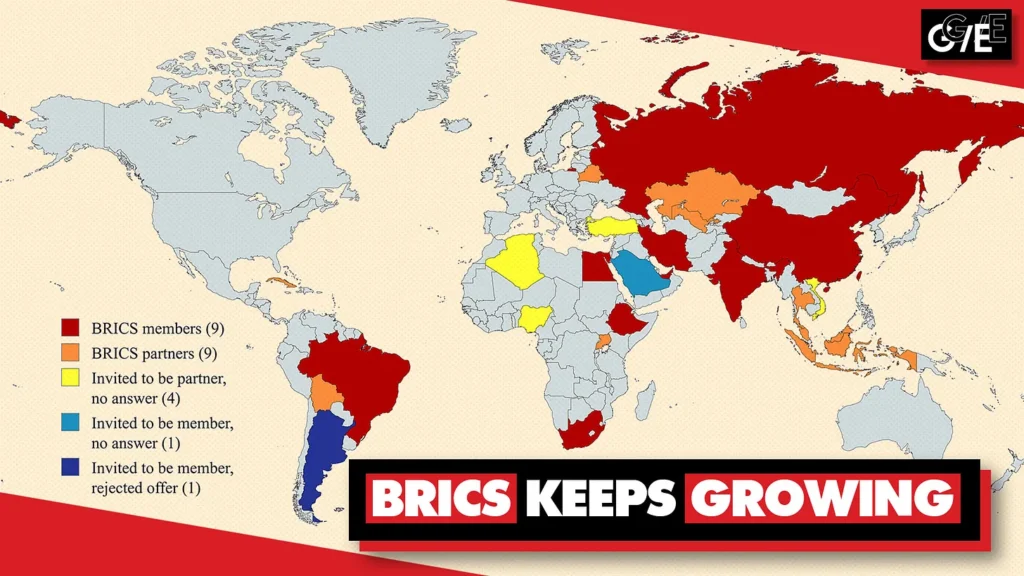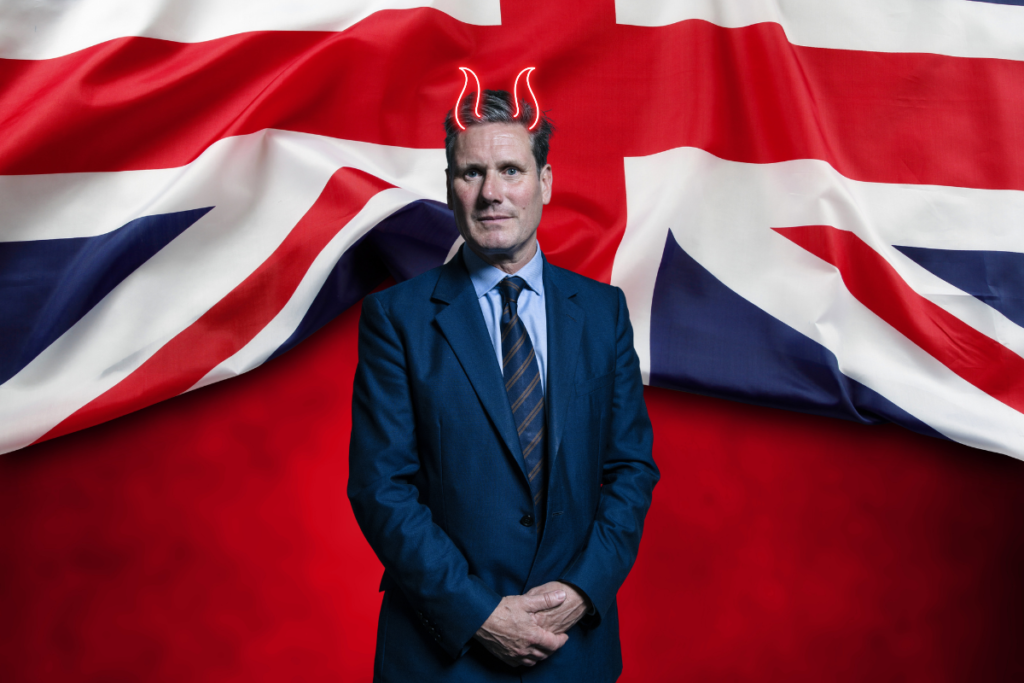Can a religious holiday be respected amid the realities of war?
As Eid al-Adha began across the Muslim world, Gaza was once again engulfed in violence. Israeli airstrikes killed at least 42 Palestinians in multiple areas, including Jabalia and Khan Younis. The timing of the attack on a day of worship and community raises fundamental questions about the ethics of warfare and the space for humanitarian pauses. Can military objectives ever justify targeting during sacred observances?
Where can civilians turn when all routes lead to danger?
Israel’s renewed evacuation orders for parts of northern Gaza come in the middle of reports from displaced families who say they have nowhere left to go. Many have fled multiple times and now face overcrowded shelters, destroyed infrastructure, and constant threat of attack. What does it mean for international law and human rights when civilian safety becomes logistically and morally impossible?
Is international diplomacy addressing the root of the crisis or simply managing it?
France has reiterated its intention to recognize a Palestinian state, signaling a potential diplomatic shift ahead of an upcoming UN conference. Yet no firm commitments have been made. In a conflict increasingly defined by lack of power and civilian tolls, does international recognition offer real leverage or is it symbolic reassurance that delays more decisive intervention?
How close is Gaza to a humanitarian breaking point?
The United Nations’ World Food Programme continues to sound alarms about famine in Gaza, where aid is restricted and infrastructure is collapsing. Basic necessities: clean water, medical supplies, electricity are in critically short supply. At what point does the situation cease to be a crisis and become a form of collective punishment?
What are the consequences of silencing the press in a war zone?
With 226 journalists reportedly killed since the beginning of the war, including Al Arabiya TV’s Ahmed Qaljah, Gaza has become one of the deadliest places in the world for media workers. Without independent documentation of the conflict, how can the international community assess truth, accountability, or violations of law?
Can resilience be a substitute for justice?
Despite immense suffering, displacement, and loss, Gazans continue to demonstrate resilience under siege. But perseverance alone does not resolve political deadlock or end cycles of violence. What responsibility does the global community bear in transforming resilience into recovery, and survival into sovereignty?



